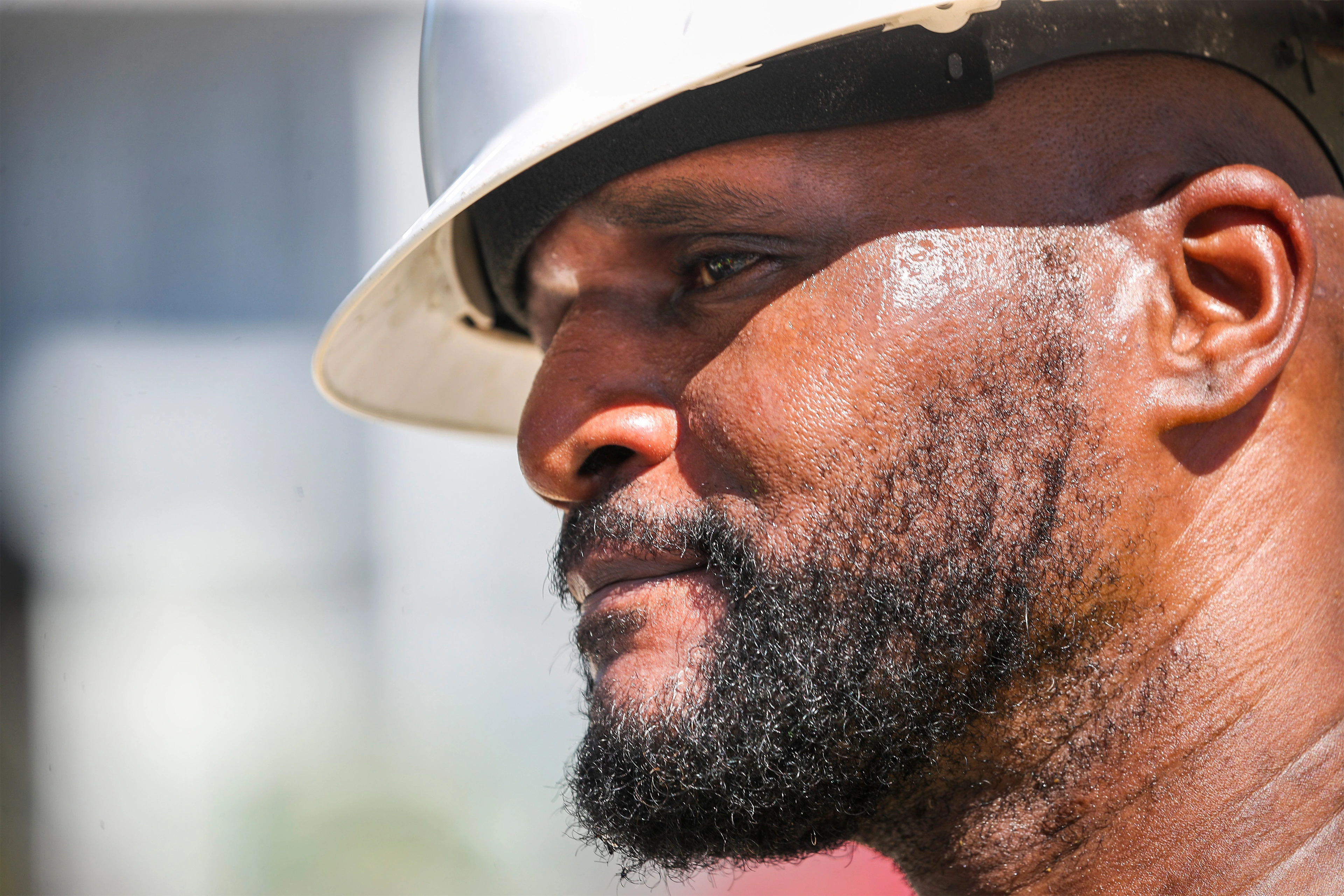- cross-posted to:
- treehuggers@slrpnk.net
- cross-posted to:
- treehuggers@slrpnk.net
Neighborhoods with more trees and green space stay cooler, while those coated with layers of asphalt swelter. Lower-income neighborhoods tend to be hottest, a city report found, and they have the least tree canopy.
The same is true in cities across the country, where poor and minority neighborhoods disproportionately suffer the consequences of rising temperatures. Research shows the temperatures in a single city, from Portland, Oregon, to Baltimore, can vary by up to 20 degrees. For a resident in a leafy suburb, a steamy summer day may feel uncomfortable. But for their friend a few neighborhoods over, it’s more than uncomfortable — it’s dangerous.



I was rock climbing yesterday on a rockface getting pounded by the sun on a 90° day the entire day I felt sick, tired, and drank a shitton of water and it was not enough. People should value the shade.
Gotta keep your electrolytes up too. I learned that one the hard way. You don’t need to do that in an office, you do when its 110 degrees in the shade and doing physical activities.